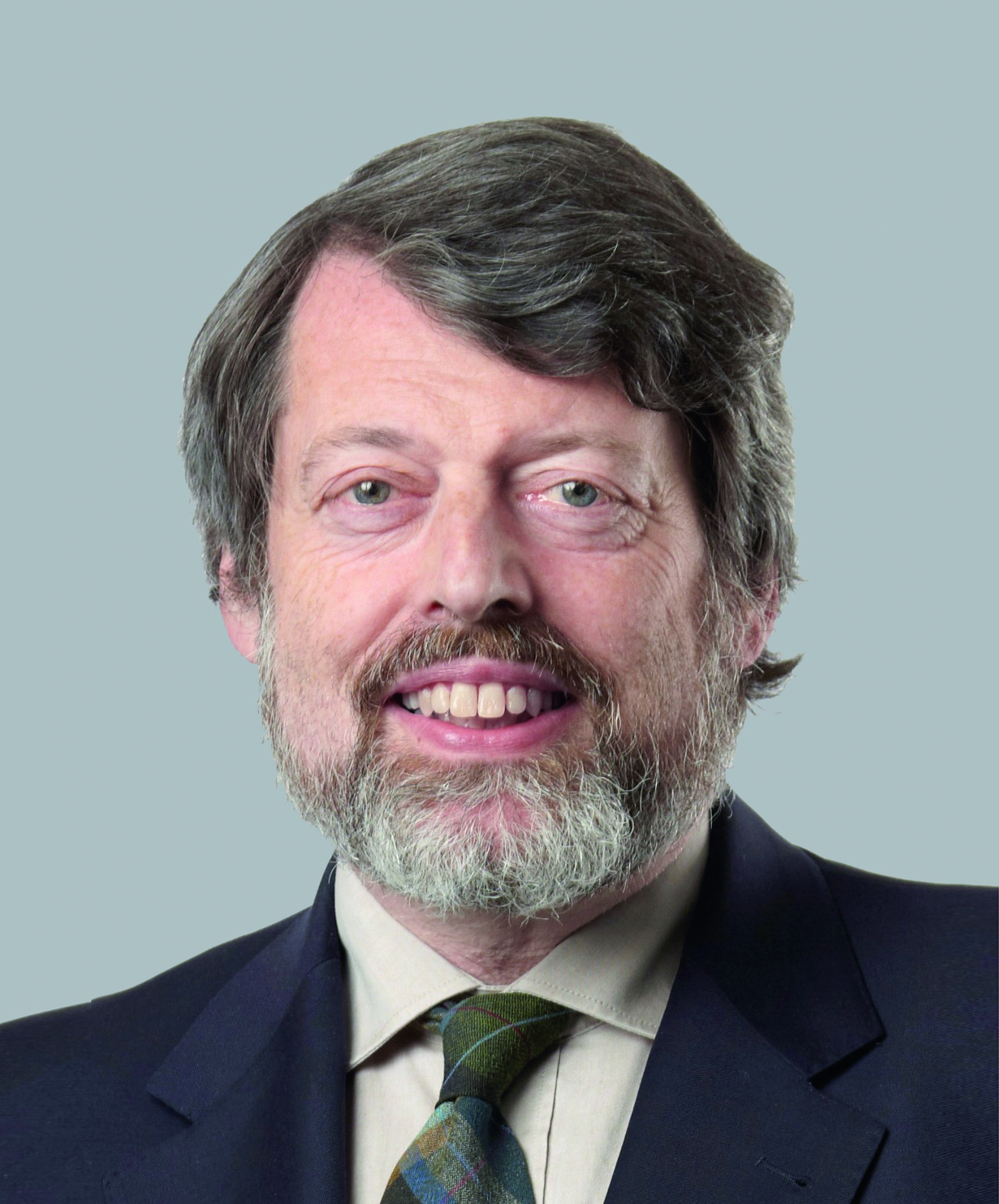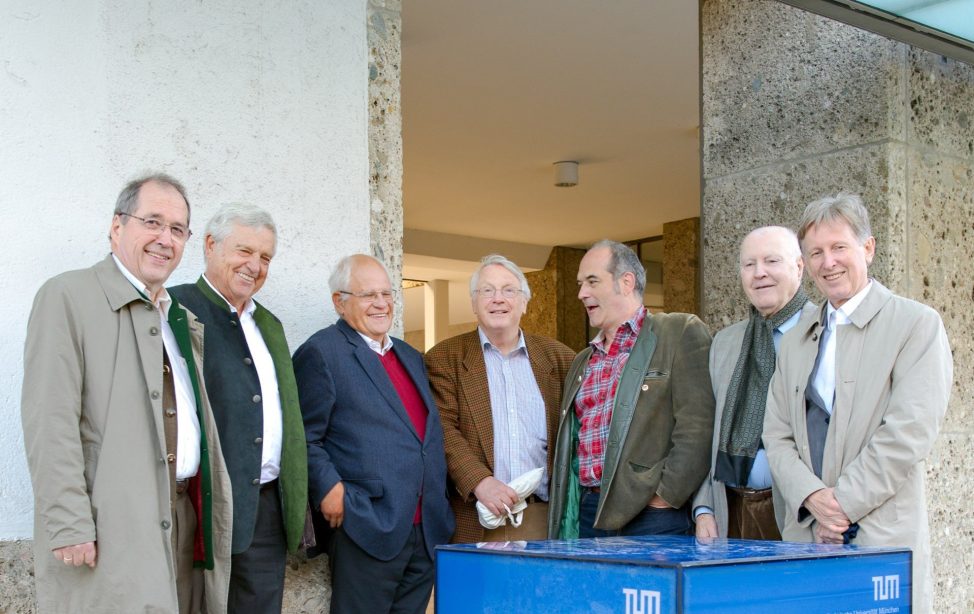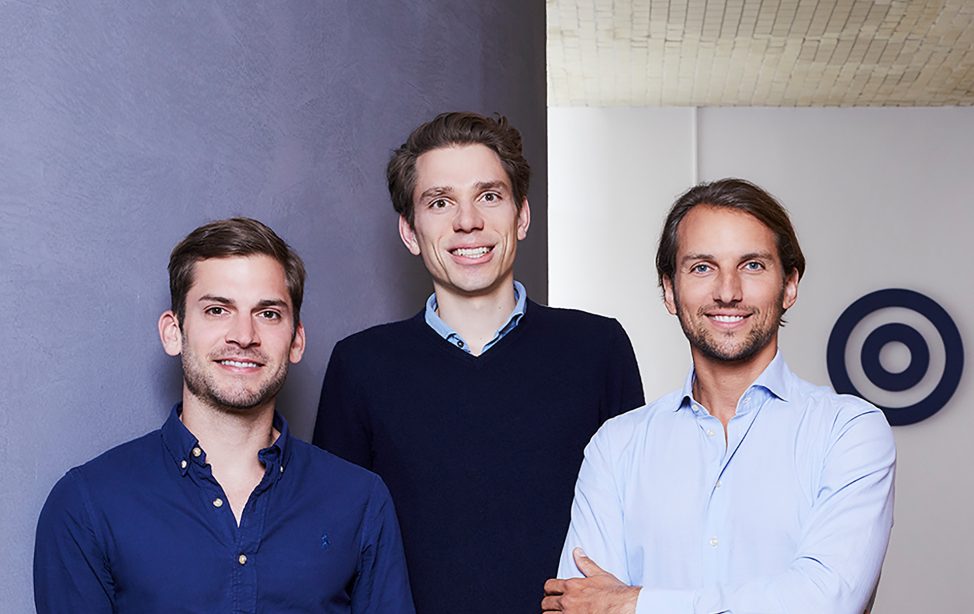
The company of Casimir Katz was providing the software for the planning of the football stadium for the World Cup in Brasília (Photo: schlaich bergermann und partner).
For his groundbreaking work in the field of simulating complex, innovative construction projects Casimir Katz has recently received the Konrad-Zuse Medal, not least for his ability to integrate the latest scientific findings into high-performance software. Since completing his studies Katz has had numerous opportunities to prove this skill of making research operational.
Innovative software
While studying Civil Engineering at TUM Professor Heinrich Werner is recruiting Katz, who was born in the Black Forest, to the research team to help develop a new software for the analysis of bridge piers. This method, which Casimir Katz subsequently researched in his diploma thesis, is known today as the ‘Finite Cell Method’. The modular concept developed here has been making civil engineering simulations and design significantly simpler and less time-consuming. “I am very proud of it”, he says today.
Practitioners think i am a researcher and researchers see me as a practitioner: it is always good not to fit into a box.
Since no company is able to make a convincing offer to the ‘anarchist’ with a doctorate, Katz sets himself up in business without further ado. He is able to develop his continuous research on simulation programmes in a way so that they run on smaller workstations as early as the beginning of the 1980s. Through this, large groups of civil engineers gained access to an innovative technology, which today is standard equipment. The initially rather loose cooperation in research and development, mainly with his former TUM class mate Thomas Fink, for major customers such as Bilfinger & Berger, Hochtief and Schlaich Bergermann quickly turns out to be very successful so that they set up their own business for construction software together in 1987, which today is the leading specialist in Europe for demanding construction projects.
True to the credo
In two years time Katz will put down his executive role there. Of course he is looking forward to choir singing together with his wife, which they only recently discovered for themselves, and to having more time for genealogy and his grandchildren. Nevertheless, he will continue to make sure that research will not be neglected – the area that is crucial for ensuring the company’s potential for innovation. He himself, Katz assures, will remain true to his motto and will keep “thinking about his own work, if it can be improved. Because that too is research.”
This is also what Katz advises his students to do, whom he is teaching in the framework of an assignment for Computational Mechanics at TUM. This way he wants to pass on to the young people what he himself learnt there from his admired mentor Heinrich Werner. “While they study they ought to absorb everything like a sponge and while doing so think independently and always question everything”, says Katz. “For me, the greatest moment of happiness sets in when I am able to initiate something and then for the people to have ideas of their own and work autonomously.”

Casimir Katz (Picture: SOFiSTiK).
Degree Civil Engineering 1976, Doctorate 1982
From 1972 till 1976 Casimir Katz studied Civil Engineering at TUM, where he also earned a doctorate degree in 1982.
Together with partners he established the company SOFiSTiK in 1987, which globally develops construction software. Today, as a member of the executive board, Katz is responsible for Research and Technology in the role of CTO.
From 2000 till 2006 he held a teaching position for Civil Engineering Informatics at the University of Leipzig, since 2006 he has a teaching assignment for Computational Mechanics at TUM. There, he has been appointed honorary professor in 2009.
In November 2018 Katz will be awarded the Konrad-Zuse Medal in Berlin for his outstanding work in the field of simulating complex, innovative construction projects by the Zentralverband des Deutschen Baugewerbes (ZDB-German Association for the Construction Industry).
Casimir Katz met his wife, likewise a Civil Engineer and TUM Alumni, as a student. Their daughter has studied Mechanical Engineering and their son is doing a doctorate at TUM’s Walter-Schottky-Institute in Electrical Engineering.


